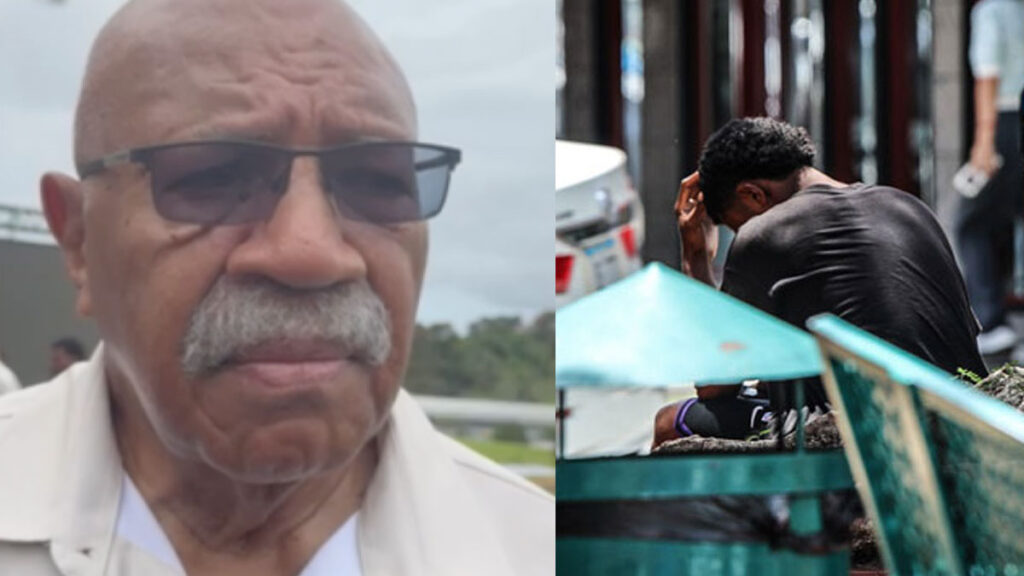
Prime Minister Sitiveni Rabuka has sounded an alarm over the increasing number of children seen selling items on the streets late at night, declaring it a failure of the nation, parenthood, and government to tackle this pressing social issue. His comments come amidst growing concerns about child welfare and the responsibilities of guardians and authorities.
This urgent call to action follows remarks by the Minister for Women, Children and Social Protection, Sashi Kiran, who emphasized that legal action will be taken against guardians if a child under their care is found loitering or living on the streets. Kiran stressed that protecting children is not just a constitutional right but a moral duty, underscoring the seriousness of the situation.
Government’s Response to Child Street Vending
Rabuka’s comments were made in response to reports of children selling food on the streets past 10 PM. Minister Kiran has been vocal about the government’s commitment to addressing this issue, stating that parents and guardians are the first line of protection for their children, and neglecting this responsibility will not be tolerated.
According to Kiran, the Ministry is ready to assist struggling families with livelihood options, including setting up income-generating activities. However, she made it clear that using children to earn a living is unacceptable and constitutes an offense.
Inter-Agency Efforts and Legal Framework
In recent weeks, an inter-agency team has been actively working to address the issue of children on the streets. This team, in collaboration with organizations like the Salvation Army, has been providing immediate care such as meals and counseling for these children. Welfare officers, supported by police, have been returning some children to their homes, even as far as Tailevu, and issuing warnings to parents about child neglect.
“The Ministry, alongside law enforcement and partners, will continue to ensure every child is safe, protected, and given the chance for a better future,” stated Kiran.
Minister Kiran highlighted that loitering is an offense under Section 8 of the Minor Offences Act (Cap 18), which stipulates that any person found wandering in public places for illegal purposes is liable to imprisonment for up to three months. This law is being enforced to deter children from returning to street life.
Rehabilitation and Reintegration Challenges
Children who have been relocated to rehabilitation programs or training centers under the Inter-Agency Exit Strategy Pathway Partnership are being urged not to return to street life. Despite these efforts, some children from areas like Rakiraki and Kadavu have left safe homes to return to the streets, prompting the Ministry to consider stricter measures.
Returning to street life will result in charges under the Minor Offences Act, and Kiran has made it clear that loitering is not a viable path forward. She encourages youth to remain committed to their reintegration journey and the opportunities it presents.
Public Involvement and Future Steps
The Minister is also calling on the public to report any child found loitering or at risk. Members of the community are urged to contact their nearest police station or the Child Helpline at 1325, as public vigilance can play a crucial role in safeguarding children and redirecting them towards a better future.
As the government intensifies its efforts to address this social issue, the collaboration between authorities, families, and the community becomes increasingly vital. The ongoing challenge of child street vending not only highlights systemic gaps but also calls for a collective commitment to ensuring the welfare and protection of the nation’s children.







